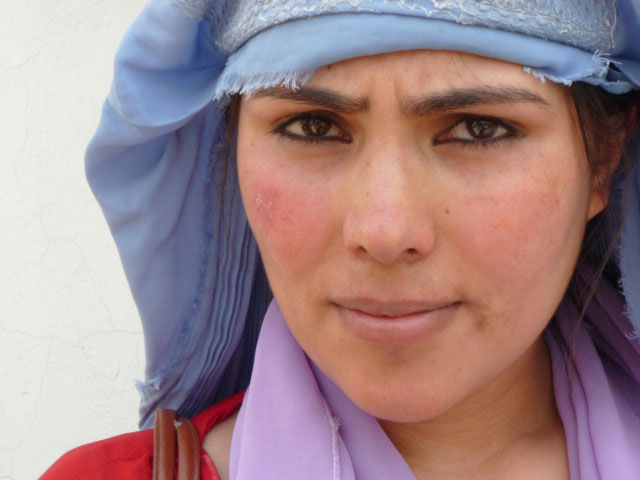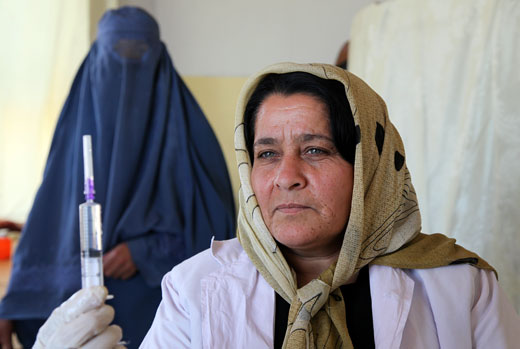Afghanistan is the most endemic country in the world to be affected by Cutaneous Leishmaniasis: 20 provinces out of 34 are high risk of transmission. Kabul remains the world capital of CL, with over 10,000 new cases per year, hence 34% of the total annual incidence. Since 2009, the French Development Agency/Agence Francaise de Development (AFD) has been a key partner in supporting the efforts to prevent leishmaniasis, in Afghanistan, addressing the needs of curing Afghans from leishmania where most needed, namely in Kabul and Southern Region. This slide-show narrates how WHO, AFD and the National Malaria and Leishmania Control Program of Afghanistan (NMLCP) partnered together and made a change in the lives of the people bearing the health and social burden of leishmaniasis.



















